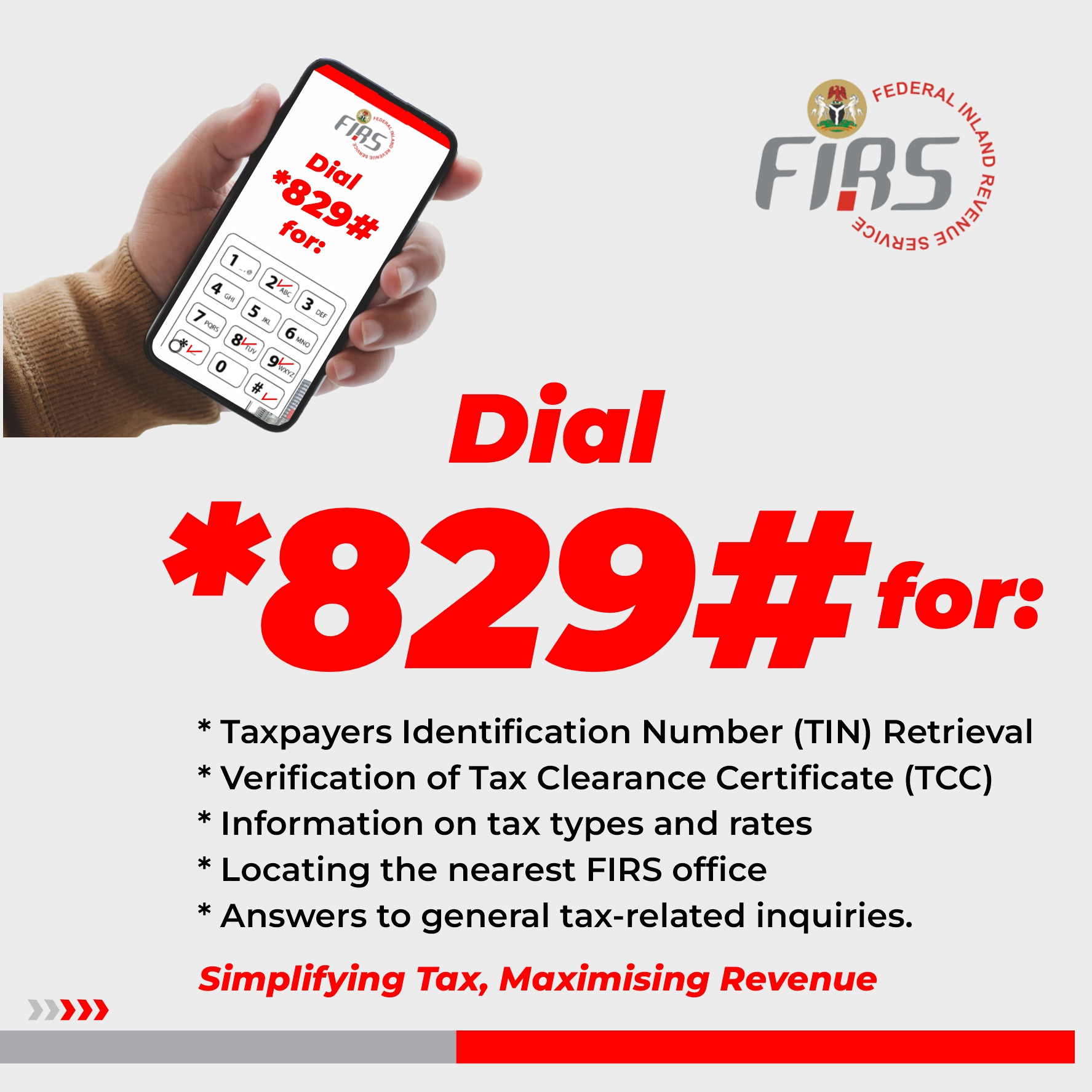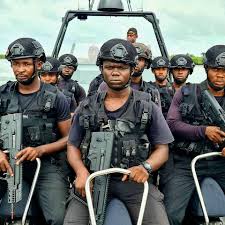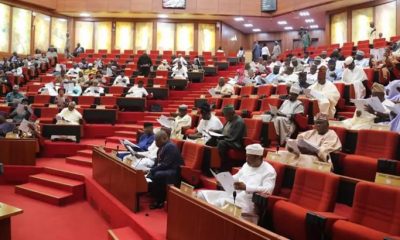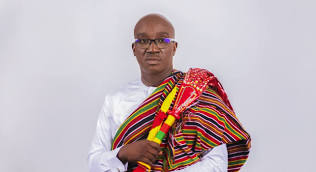News
Nigerian Coast Guard Bill divides stakeholders at Senate public hearing

Bill seeking to establish Nigerian Coast Guard has divided stakeholders at who came for public hearing on Thursday in Abuja.

The bill sponsored by Senator Wasiu Eshilokun (APC- Lagos), sought for establishment of Nigerian Coast Guard to be domiciled under the Ministry of Marine and Blue Economy with a mandate among others to take care of Nigerian waterways and unmanned marine channels, to generate revenue from marine activities for the Federal Government of Nigeria.

However some agencies of government felt threatened that the proposed Nigerian Coast Guard would usurp their responsibilities and stoutly opposed its establishment, arguing that more money would have been pumped into those existing agencies to make their responsibilities more effective.
The Chief of Naval Staff, Vice Admiral Emmanuel Ogalla through his representative contended that there was no need for the establishment of the Nigerian Coast Guard, stressing that the Nigerian Navy had since its inception been carrying out activities that were envisaged for the proposed Nigerian Coast Guard, hence, the bill should be jettisoned.
The Nigerian Navy seriously objected to the establishment of the Nigerian Coast Guard, citing duplicity of functions, security threats, incoherent crafting of the Bills, resource constraints, economic imperatives of nature, amongst others.
The Chief of Training and Operations, Nigerian Navy, Rear Admiral Olusegun Ferreira, who represented the Chief of Naval Staff, took his time to analyze both Nigeria’s maritime security needs and global best practices, with huge global examples of consolidated maritime security frameworks.
He said, “United Kingdom does not have a Coast Guard with military powers similar to those being proposed in this bill. Rather, the Royal Navy is responsible for military defense and maritime security operations, including facial protection, and this is quoted from the House of Commons briefing paper of 2020.
“On the other hand, the UK Coast Guard, is under the Maritime and Coast Guard Agency, which manages search and rescue and Occupational Safety. In fact, the UK Coast Guard is also known as a volunteer. Coast Guard is not funded by the government but by charity. The UK example is a symbol, where resourceful Naval Force, with complementary civilian agencies work to manage maritime safety.
“Then let’s look at the United States of America. The Coast Guard and the Navy. The US Coast Guard operates under the Department of Homeland Security, focusing on law Enforcement, Environmental Protection, search and rescue; while the US Navy under the Department of Defense is primarily an Expeditionary Force projecting power far beyond the shores.
“South Africa has opted to enhance its network capacity instead of establishing the Coast Guard, recognizing budget constraints and prioritising the unified labour force for all maritime security and defence. South Africa Navy performs both military rules and law enforcement functions supported by government agencies and non military tasks like Environmental Protection and the likes. This approach is similar to what is done in Nigeria and several developing countries. It minimises redundancy and ensures that the country’s limited resources are well managed.
“Given Nigeria’s more regional maritime focus and resource constraints, creating a similar structure will lead to redundant functions and stretch limited resources”.
This position did not however go down with some Civil Society Groups who argued that that the proposed bill was in line with the modern society where unmanned water channels constituted external threat to Nigeria’s territory, even as the proposed agency would provide job opportunity to thousands of Nigerian youths.
The Nigerian Youth Council, speaking on the development urged the 10th National Assembly to accomplish the task of establishing Nigerian Coast Guard in national interest, emphasizing that its establishment cannot be better than now.
On his part, the Chairman, Senate Committee on Interior, Senator Adams Oshiomhole, said Nigeria is living on borrowed funds, saying it is improper to take loan and establish a new agency. Oshiomhole also queried the rational3 behind establishing a ministry service and domiciled it under a Ministry of Marine and Blue Economy, instead of Defence.
“So why do we need an Armed Forces to be controlled by blue economy to become the responsibility of the Ministry of Defense?”, Oshiomhole asked rhetorically.
Also speaking on a very strong opposition to the Bill, a Member representing Ado/Okpokwu/Ogbadibo Federal Constituency of Benue State, Rep. Philip Agbese, said what Nigeria needed was to strengthen the existing agencies and institutions to function to maximum, rather than creating irrelevant agencies, which duties are already being performed by others.
Agbese who is the Deputy Spokesman of the House of Representatives, also expressed disappointment that, agencies under the Marine Ministry which objected to the establishment of Nigeria Marine Corps during a public hearing 2 weeks ago, could hypocritically come up to support the establishment of Nigeria Coast Guard, which shares similar objectives with the Marine Corps Bill.
“I was at the House of Representatives Committee public hearing, Navy in particular, where the other committees were incorporated to dissect the issue of Marine Corps Bill. And I know the position of all the agencies in the Ministry of Marine and Blue Economy. They categorically submitted at the public hearing that there was no need for any further agency to support what the Navy is doing.
“I can see the faces of many persons there that they are also here. So, whereas they told us a different thing in the House of Representatives that such an agency is not necessary, here today, they are here to support Bill, that it is now necessary. What’s the difference between 14 days ago and today that we suddenly need that?”, he said.
Agbese referred to state security outfits created by some state Governors few years ago, including the Amotekun created in Osun state, where the Minister of Marine and Blue Economy, Gboyega Oyetola was Governor, with the mandate to ending insecurity, only for security challenges to keep increasing; adding that, creating Coast Guard would not in any way end insecurity in the waterways.
Various Speakers, including, Dr. Emeka Akabogu, Honorary Secretary of Nigerian Maritime Law Association; Rear Admiral Chris Ezekobe (Rtd.); and Igwe Ude Umanta, who spoke on behalf of coalition of other 10 Civil Society Groups; all rejected the establishment of Nigeria Coast Guard, urging the Senate to drop the Bill.
Meanwhile, PANDEF, a Niger Delta socio-cultural group lauded the proposed establishment of Nigerian Coast Guard, saying that it will stop oil theft and oil installation vandalism going on in the region.
According to him, there would have been no oil theft and vandalism that has caused the Federal Government of Nigerian million and trillions of dollars, if argument of some security agencies were anything to go by, hence, the establishment of Nigerian Coat Guard was the best so that the agency can take over maritime security.
The Nigerian Youth Council was not left out in support for establishment of the agency, citing job opportunity for the youth, revenue generation for the nation and security of the territorial waterways.
Captain Noah Ichaba of the Provisionary Committee of Nigerian Coast Guard based in Abuja also lent his voice in support for the establishment of the Nigerian Coast Guard to become an agency of government with several powers to ensure effective security the nation’s waterways. He spoke alongside other stakeholders who insisted that the bill should not be killed.






![Nigerian Coast Guard: The soul of maritime business awaiting parliamentary approval [Features] images – 2023-07-04T121714.761](https://www.capitalpost.ng/wp-content/uploads/2023/07/images-2023-07-04T121714.761.jpeg)


















